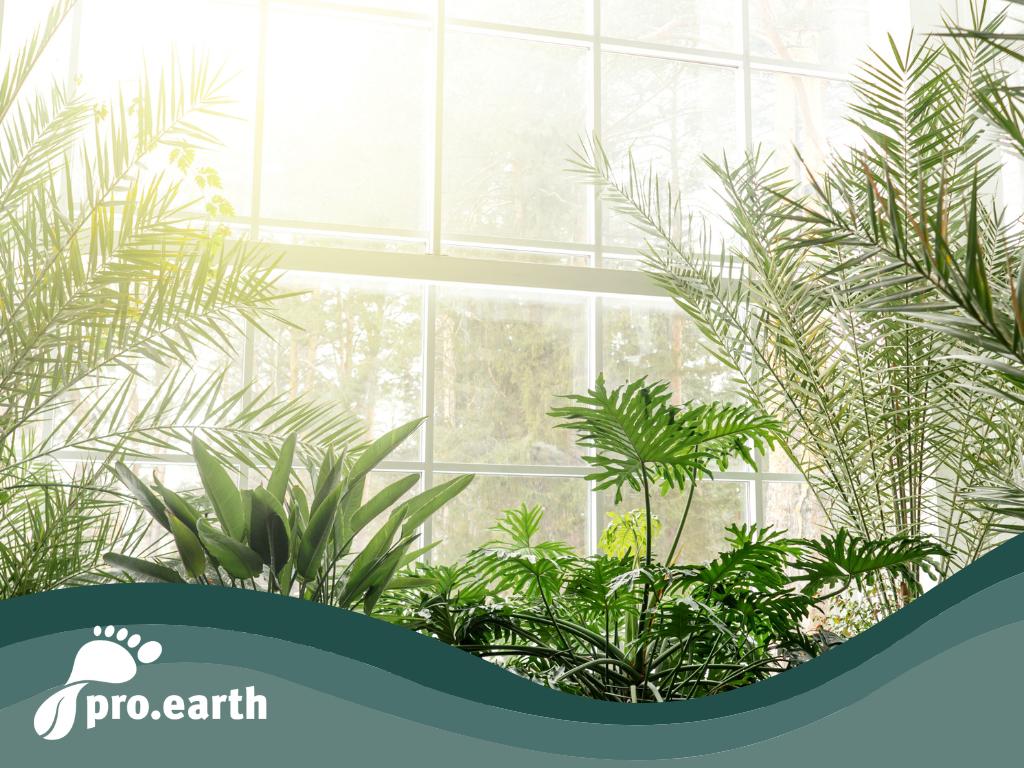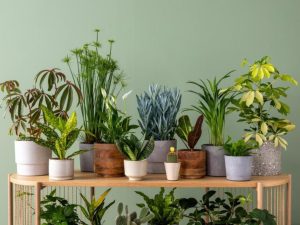According to the WHO, poor indoor air is responsible for 6.7 million premature deaths every year - houseplants can actually help

The power of nature also works in our living spaces. Houseplants are more than just decoration. They improve the quality of indoor air and can apparently even help to reduce the risk of cancer.
 One Study by the Plants and Environmental Quality Research Group at the University of Technology Sydney in collaboration with the plant cultivation company Ambius showed in December 2022 that houseplants can filter up to 97 percent of toxic vapors from the air. This includes benzene vapors, which have been linked to cancer.
One Study by the Plants and Environmental Quality Research Group at the University of Technology Sydney in collaboration with the plant cultivation company Ambius showed in December 2022 that houseplants can filter up to 97 percent of toxic vapors from the air. This includes benzene vapors, which have been linked to cancer.
In this study, the researchers set up a "green wall". They developed a system in which several small green plants (cob thread, dragon trees, etc.) were kept on top of each other. This wall was then exposed to environmental toxins in an airtight room.
Poor indoor air - is that dangerous?
According to the World Health Organization (WHO), it is responsible for 6.7 million premature deaths every year - that's an insane amount and puts us in a huge dependency on the indoor climate, because we humans actually spend 90 percent of our time indoors.
What does the study say?
 Interestingly, the study found that the more concentrated the toxins were in the air, the more effectively and quickly they were filtered out by the plants.
Interestingly, the study found that the more concentrated the toxins were in the air, the more effectively and quickly they were filtered out by the plants.
This led to the conclusion that plants adapt to the conditions they are surrounded by.
The fact that even gasoline vapors can be filtered indoors is truly groundbreaking. Many office and residential complexes are equipped with underground garages and are therefore affected by this problem.
If 97 percent of toxins (depending on the size of the room and the number of plants) can be filtered out in a time frame of 8 hours, it is actually quite clear that houseplants should be a permanent feature of a room in future. For health reasons, but also for decorative reasons.






